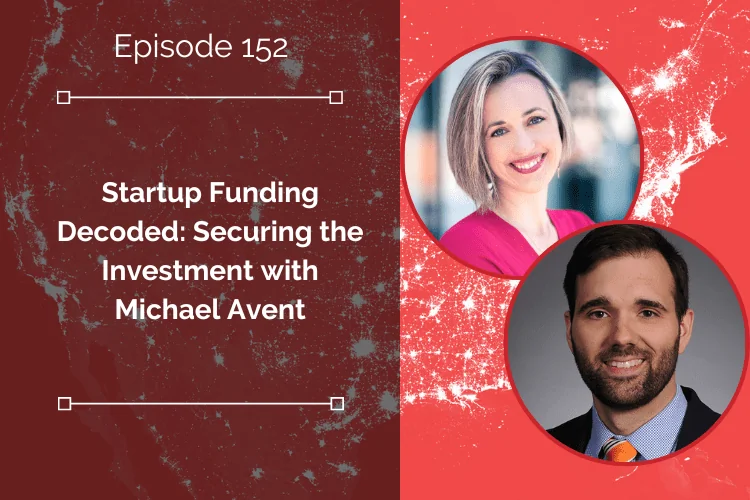Startup funding is a crucial aspect of a business venture, and it is one of the primary concerns of every entrepreneur. From protecting your intellectual property to understanding the intricacies of 83B filings, there is a lot to navigate when it comes to securing funding for your startup. This article provides a comprehensive overview of startup funding, touching on key areas like intellectual property protection, venture capital terminologies, convertible securities, and the process of fundraising.
This article highlights the key points discussed in a podcast episode featuring Mike Avent, a partner at Perkins Coie and a seasoned expert in venture capital and startup law.
Protecting Intellectual Property
Intellectual property (IP) protection is one of the cornerstones of a successful startup. In the early stages of your startup, it is essential to shield your intellectual property. This can involve:
- Proprietary information and invention assignment agreements
- The implications of creating something on your personal laptop
- The potential consequences of taking something from a current employer and spinning it out
Understanding 83B Filings and Venture Capital Terminologies
Navigating the complex maze of 83B filings and venture capital terminologies is a must for any startup founder. Filing an 83B form can have implications that can lead to a costly tax liability for the recipient if overlooked.
Strategies such as changing the vesting schedule and canceling and re-issuing shares can help mitigate potential risks. Additionally, it’s important to familiarize yourself with venture capital terminologies like term sheets, safe notes, convertible notes, and most favored nation.
Convertible Securities and Fundraising
Convertible securities and fundraising play a significant role in startup funding. The difference between convertible notes and Simple Agreement for Future Equity (SAFEs) and the potentially dilutive impact of issuing securities should be well understood. It’s crucial to know the administrative overhead that can come with having numerous investors with SAFEs to manage.
Considerations for Founders During Fundraising
When raising funding as a founder, it is crucial to consider multiple offers and understand the market value of your company. Weighing multiple offers can provide insights into the market and the value of your company. Choosing the right investor is critical as it can be a long-term relationship. Additionally, founders need to understand the implications of dilution of their equity and the addition of super-voting shares
Forming a Corporation
Structuring a venture capital transaction to protect intellectual property and avoid costly tax liabilities is a vital step. It’s essential to understand the difference between convertible notes and SAFEs and weigh multiple offers when raising funding.
In conclusion, securing startup funding is a complex process, but with the right understanding and strategic approach, it can be navigated successfully. The key is to arm yourself with knowledge, protect your intellectual property, understand the complexities of venture capital and startup law, and make informed decisions when raising funding.
If you want to learn more about Immigration Law for Tech Startups, check out https://www.alcorn.law/podcast/ilt152




